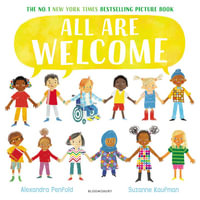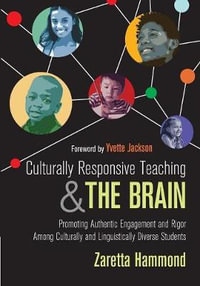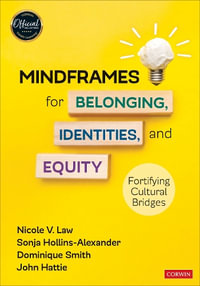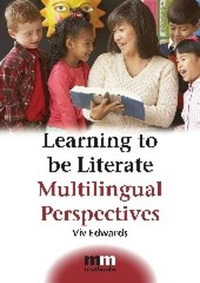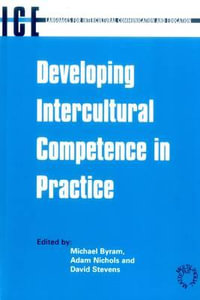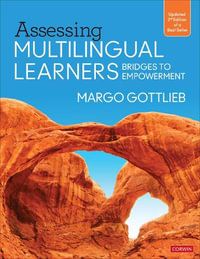
Case Studies on Diversity and Social Justice Education
By: Paul C. Gorski, Seema G. Pothini
Paperback | 2 March 2018 | Edition Number 2
At a Glance
New Edition
Paperback
Limited Stock Available
RRP $104.25
$53.75
48%OFF
ISBN: 9780815375005
ISBN-10: 081537500X
Series: Equity and Social Justice in Education Series
Published: 2nd March 2018
Format: Paperback
Language: English
Number of Pages: 152
Audience: Professional and Scholarly
Publisher: Taylor & Francis Inc
Country of Publication: US
Edition Number: 2
Edition Type: New edition
Dimensions (cm): 22.9 x 15.2 x 1.02
Weight (kg): 0.23
Shipping
| Standard Shipping | Express Shipping | |
|---|---|---|
| Metro postcodes: | $9.99 | $14.95 |
| Regional postcodes: | $9.99 | $14.95 |
| Rural postcodes: | $9.99 | $14.95 |
How to return your order
At Booktopia, we offer hassle-free returns in accordance with our returns policy. If you wish to return an item, please get in touch with Booktopia Customer Care.
Additional postage charges may be applicable.
Defective items
If there is a problem with any of the items received for your order then the Booktopia Customer Care team is ready to assist you.
For more info please visit our Help Centre.
You Can Find This Book In
This product is categorised by
- Non-FictionEducationEducational Strategies & PolicyMulticultural Education
- Non-FictionEducationPhilosophy & Theory of Education
- Non-FictionEducationHigher & Further EducationTeacher Training
- Non-FictionEducationOrganisation & Management of Education
- Non-FictionEducationTeaching of Specific Groups with Special Educational NeedsTeaching of Students with English as a Second Language TESOL
- Non-FictionPolitics & GovernmentPolitical Activism
- BargainsAcademia & Knowledge Bargains
